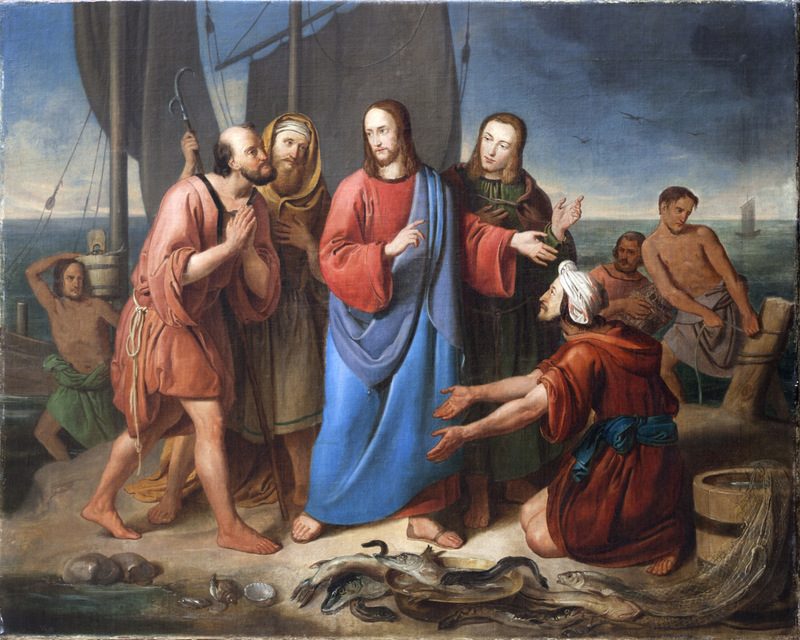Author: Patrick Egan
-

Exploring Educational Alternatives: A Comparison of Charlotte Mason and Maria Montessori
The early 1900s was a watershed moment in education. The second wave of the Industrial Revolution brought about what we might call the educational-industrial complex. Here I intentionally draw upon Dwight D. Eisenhower’s 1961 Farewell Address when he warned against the disastrous potential of the military-industrial complex. Looking back over the previous decades of global…
-

Human Development, Part 3: Get in the Zone
It is a dangerous thing to become a Jedi padawan. The training and trials are extremely difficult; one might say almost impossible. Qui-Gon Jin tells Anakin Skywalker, “Anakin, training to be a Jedi is not an easy challenge, and even if you succeed, it’s a hard life” (from Star Wars: Episode 1 – The Phantom…
-

Human Development, Part 2: All the World’s a Stage
That one essay – you know the one that got this whole educational renewal movement going – needs to be reevaluated. I am talking about the essay “The Lost Tools of Learning” by Dorothy Sayers. Her approach reminds me of Galadriel’s speech in the prologue to The Lord of the Rings movies, “Much that once…
-

Human Development, Part 1: What Do You Have in Mind?
A sound pedagogy requires a good understanding of anthropology (the study of human beings including our nature, our biology, our behavior and our social patterns) and of epistemology (the study of the nature of knowledge and how humans experience and acquire knowledge). One way these key areas of study (anthropology and epistemology) converge pertains to…
-

What has Ambleside to do with Jerusalem?: A Consideration of Charlotte Mason’s Philosophy of Education as a Model for Teaching Biblical Studies
In this week’s blog post I am going back into the vault to share with you a paper I presented at the Society of Biblical Literature Annual Meeting in Atlanta on November 20, 2010. This was a pivotal moment in my career, having earned my PhD and taught for a few years at colleges and…
-

Three People You Should Listen to in 2021
As 2020 wraps up there is much to be grateful for in the midst of one of the most difficult years we’ve experienced as a society. Today is Boxing Day, which is a great day for gift giving, reflection on the year past and perspective on the year ahead. (When I lived in the UK,…
-

Training the Prophetic Voice, Part 6: Classical Rhetoric for the Modern World
In my last post, I explored the concept of internalization. Students need to internalize the truth in such a way that it impacts their lives personally. Obviously this will look different for each individual, so there is no formula. I like to think of each person as embarking on a journey during which they will…
-

Training the Prophetic Voice, Part 5: Internalizing the Prophetic Message
So far in this series, we have explored the theological and biblical paradigms surrounding our understanding of what it means to speak prophetically. It centers around God’s divine revelation to humanity and then becomes expressed through people who take up the message of God’s truth and speaking truth into new contexts. The model of discipleship…
-

Training the Prophetic Voice, Part 4: Jesus as Prophetic Trainer
In my ongoing series on training the prophetic voice, we have looked at several biblical and theological aspects of what it means to speak with a prophetic voice. We have seen how speaking truth is the heart of the prophetic voice, and that God himself is the theological grounding of our conception of truth-speaking. In…

